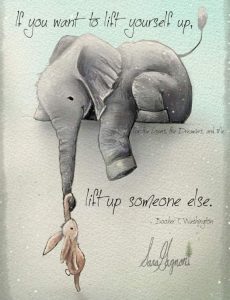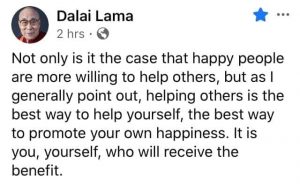
We Are Human – We Are Free
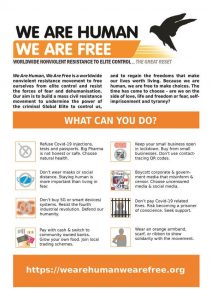
Order Versus Control
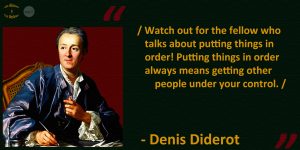
Their definition of ‘order’ is ‘under my control’ whereas the dictionary definition of order is ‘proper or logical method, sequence or arrangement of things’.
So don’t let their perversion of the definition dissuade you from bringing more order into your life.
In fact, their goal could be more accurately described as ‘disorder’ because it reduces the amount of harmony whereas proper order increases harmonious alignment.
For more on the subject check out The Bring Order Movement home page:
https://www.bringorder.info/English.html
Keep Women’s Sports For Women!

The Starfish Story
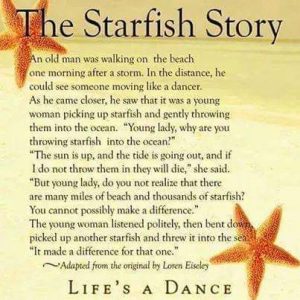
What you do DOES make a difference! Check out: https://www.bringorder.info/English.html
Former Transgender Teenager Shares POWERFUL Story About Going In and Out of Transgenderism
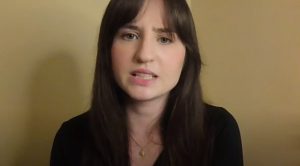
Are you young and considering “transitioning”? Please consider watching this. Only twenty minutes. And it’s your life on the line:
When In An Argument

Long Term Thinking Is The Key

Security Is A Myth
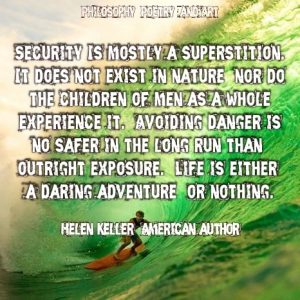
IMHO security comes from your awareness, speed of evaluation and reaction time, intelligence and competence. With those you have a far greater potential to be at cause rather than effect in any situation. Without them you are more likely to be fooled, caught flat-footed, misled and enslaved.
Want A Lift?
